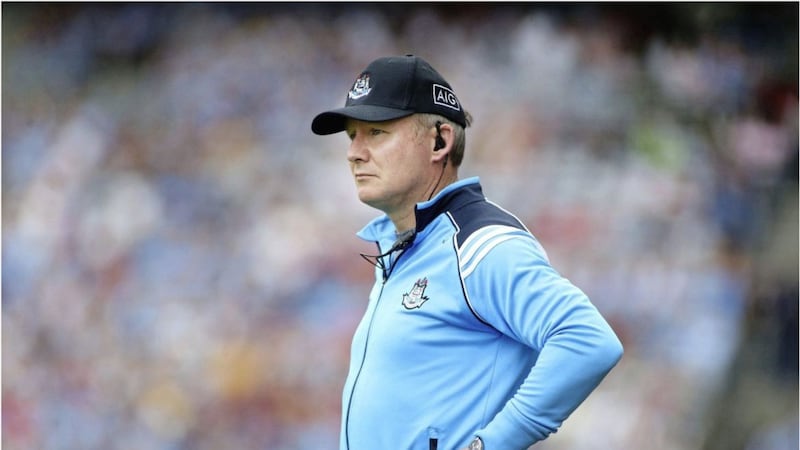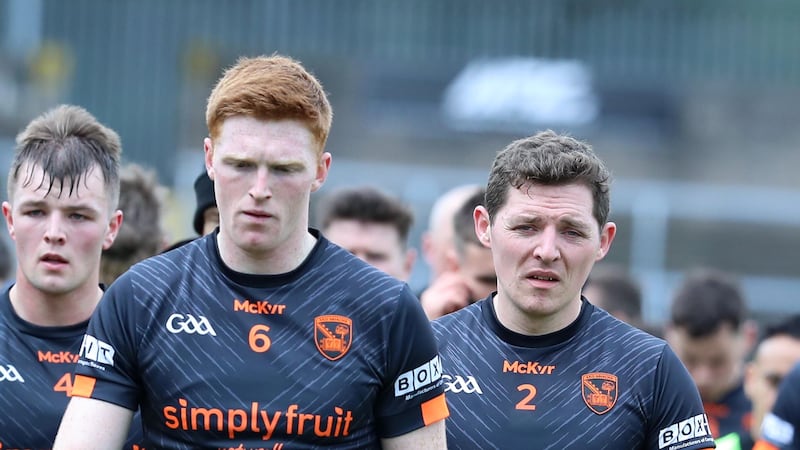DANIEL Taylor is one of my favourite sports journalists. He is not one of Sir Alex Ferguson’s.
In 2008, the Guardian writer released a book entitled ‘This Is The One’. It is largely effusive in its praise of Ferguson. But what it also does is go behind the headlines and the peacekeeping articles produced by journalists attending his press conferences.
When Ferguson took the notion, he could turn the briefings into an event “full of laughter and off-the-record anecdotes… When the mood takes him, he can disarm his audience with long, impassioned homilies about football, politics and the world in general,” says Taylor in the book.
But when the crackling Glaswegian decided to go the other way, he would explode completely.
In December 2004, Wayne Rooney was given a three-match ban for putting his hand into the face of Bolton defender Taib Ben Haim. When it was brought up at the next press conference, Ferguson responded as only he could.
“You’re f***ing on about Rooney because he has a wee slap in the face and no matter whatever f***ing else matters in the f***ing game? You see f***ing behaviour like that! He should be f***ing up before the FA, not f***ing Rooney.”
And on it goes. 22 times in a 194-word invective, he resorts to swearing.
When Taylor published the book, he was banned from the club’s press conferences.
Alex Ferguson kept the media under his control by creating fear among journalists. He who dared ask the hard question was taking a chance that they too could be blacklisted. And for a journalist covering the beat at Old Trafford during the most successful period in English soccer history, it was something you simply could not afford.
He was a master at controlling the media, keeping them on tenterhooks and then using them to promote a message when he needed to.
In terms of method, he and Jim Gavin could not be more polarised, but the net result is the same.
Rather than promote fear, Dublin simply keep the press as far outside the fence as they can.
Access to the Dublin camp is exceptionally limited. When players are put forward, in some cases they literally say nothing.
At the launch of the All-Ireland series in Loughmacrory back in July, Ciarán Kilkenny was happy enough to chat about himself but when he was asked about the ever-controversial Sky Sports TV deal, he replied:
“I suppose I don’t really have much of an opinion on it really. As Aogán [Ó Fearghail] said, it’s important to generate as much money as possible for the GAA so they can bring that down to the grassroots level, but I wouldn’t have much of an opinion on it to be honest.”
The Croke Park pitch had just been U2-ed, which was felt to have contributed to a black card for Dean Rock early in the Leinster final. When Kilkenny was asked about the GAA having concerts there during championship time, the blinds came down again: “Probably wouldn’t have an opinion on that one either now to be honest.”
It was vintage Dublin. If you can’t think of something bland to say, say nothing.
Gavin himself has been heavily criticised for his conduct in interviews throughout his reign as Dublin manager.
On the popular NewsTalk paper review at the weekend, Sunday Independent journalist Paul Kimmage went through the way Gavin handled the post-All-Ireland final press conference for a shortcut.
”Does coming in here and expressing a bit of happiness, does that mean you can’t win again next year? If that’s the price, give me losers. I only want to deal with losers if that’s what we’re gonna get from Jim Gavin and his team for the next four years – I’m not interested.”
Outside Dublin it may look like a soulless, colourless venture they’re on. The reason for that narrative is solely their dealings with the media.
It makes one of the greatest teams of all time easy to dislike. There’s no personality, no colour, no engagement, and without those ingredients, no matter how good you are there is no way into the hearts of the other 31 counties.
But here’s the thing: They don’t care. Why would they?
Dublin doesn’t need the media. History tells us that they are indeed wise to stay clear of it. Doing fashion shoots and radio promotions, as they did in the lead up to the All-Ireland final of ’92, was the Dublin the country loved to gawk at and talk about and engage with, but they won nothing.
Not only did they not win, but the hype was the reason that they didn’t win. So you can forgive them for not laying the millions pumped into games development and preparing their senior team to waste to keep reporters happy.
GAA reporters rely a lot on goodwill and there is a certain amount of frustration among them over how restricted and frankly dull relations with inter-county teams have become. But that’s our problem, not theirs.
There is a legacy argument there - that in 20 years’ time, people will remember a Mayo team that may never win one much more fondly than they will remember the all-conquering Dubs.
But all the negative perception in the world, no matter how long it lasts, won’t take their All-Ireland medals away.
And it’s winning medals, not fashion shoots or interviews, that is inspiring the next generation in Dublin.








